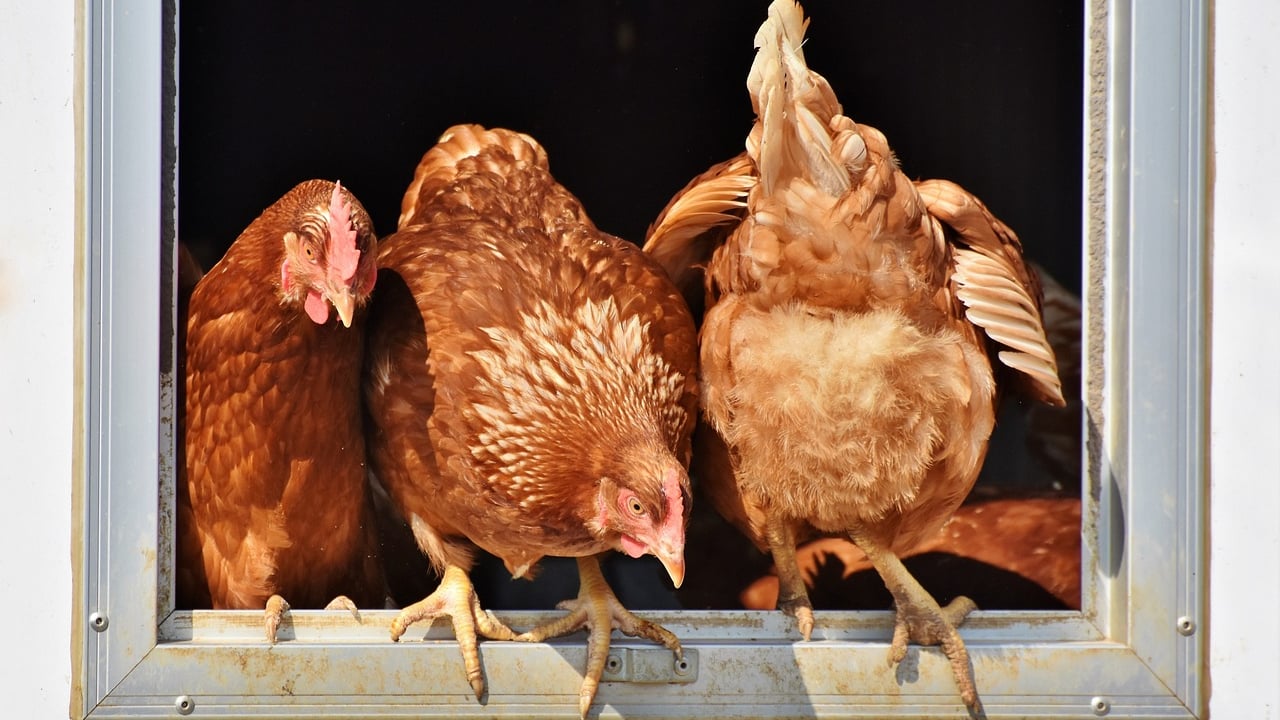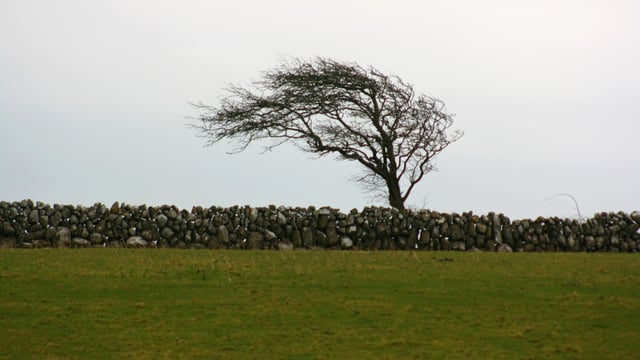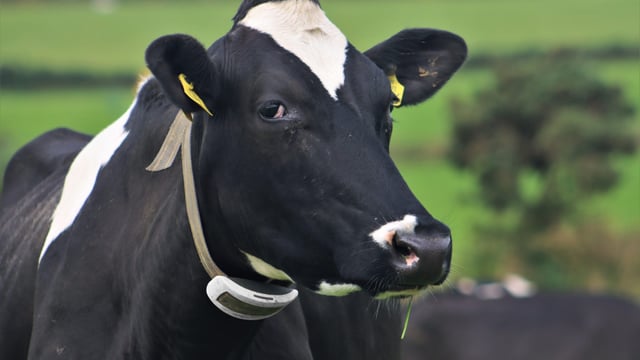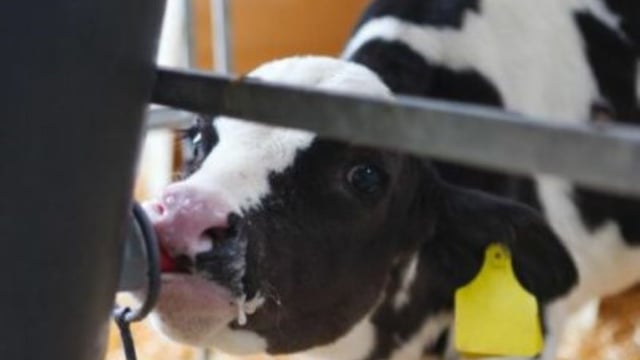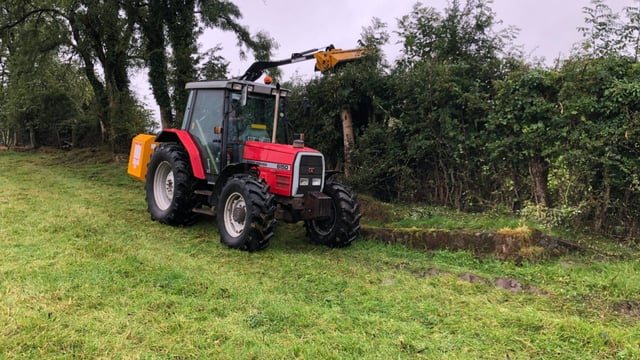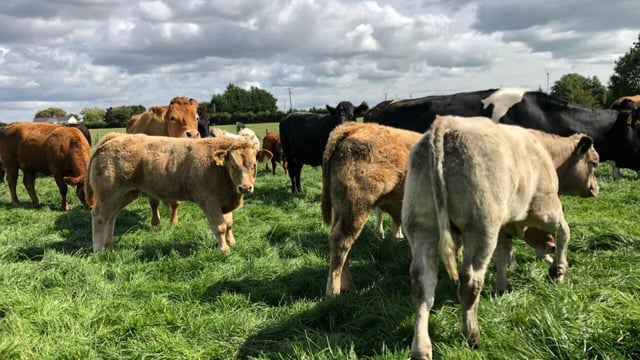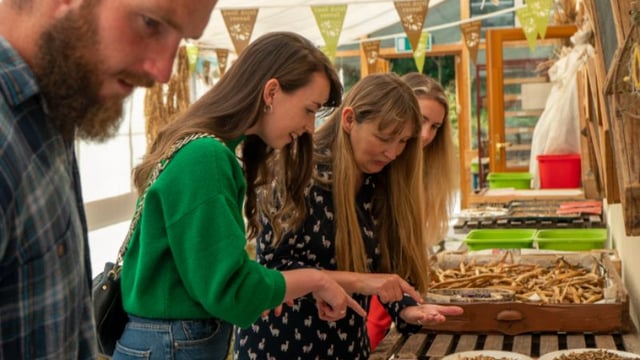All-island housing order for poultry in place due to bird flu risk
All poultry flocks and captive birds are required to be housed from today (Monday, February 17) to protect them from the risk of avian influenza (bird flu).
Since early December, there have been five detections of bird flu infection in wild birds in Ireland.
Cases were confirmed in counties Galway and Dublin in December, and in Donegal, Westmeath and Wexford during January.
There have also been a number of confirmed cases of bird flu detected in wild birds across Northern Ireland.
As a result of the recent increased risk posed by the disease, Minister for Agriculture, Food and the Marine, Martin Heydon announced the introduction of a compulsory housing order for poultry and captive birds.
The minister said he is taking this action to reduce the threat to the Irish poultry industry and to farmers’ livelihoods.
“Poultry and captive birds must be housed from Monday, February 17, as this will reduce the opportunity for contact with potentially infected wild birds, which is one of the ways in which the virus can spread.
“Where housing captive birds or poultry is not possible, they must be confined in such a manner that they do not have access to other poultry, other captive birds, or wild birds, for their own benefit," Heydon said.
A similar housing order for poultry is also in place from today across Northern Ireland.
The departments of agriculture on both sides of the border have been in close contact on the matter.
Bird flu
The housing order comes into force after the Department of Agriculture, Environment and Rural Affairs (DAERA) confirmed that 64,000 birds at a commercial poultry premises in Northern Ireland are to be culled due to a suspected case of bird flu.
The department has put in place disease control measures at the site of the suspected case near Dungannon, Co. Tyrone
This will include the introduction of Temporary Control Zones (TCZs) in a bid to prevent any potential onward spread of the disease.
The department is now awaiting the results of samples which have been sent for laboratory testing.
In the event that bird flu is confirmed in the samples, it would be the first case in a commercial poultry flock this year.
Biosecurity
Strict new biosecurity regulations for poultry were introduced in Ireland on December 6, 2024 in response to the increased risk posed to Irish poultry flocks by the presence of avian influenza virus in wild birds in Ireland.
Poultry farmers have again been reminded about the importance of biosecurity when it comes to protecting against bird flu.
“Biosecurity is the single most effective way to prevent the virus spreading from wild birds into poultry, or between poultry flocks.
“All those who have poultry or kept birds must take strict precautions and exercise the highest standards of biosecurity to protect your flocks from the threat of avian influenza, and to protect the poultry sector in Ireland," Minister Heydon said.
Members of the public are advised not to handle sick or dead wild birds and to report any episodes of sick or dead wild birds to their Regional Veterinary Office.
Authorities have stated that bird flu is primarily a disease of birds and the risk to the general public’s health is very low.

